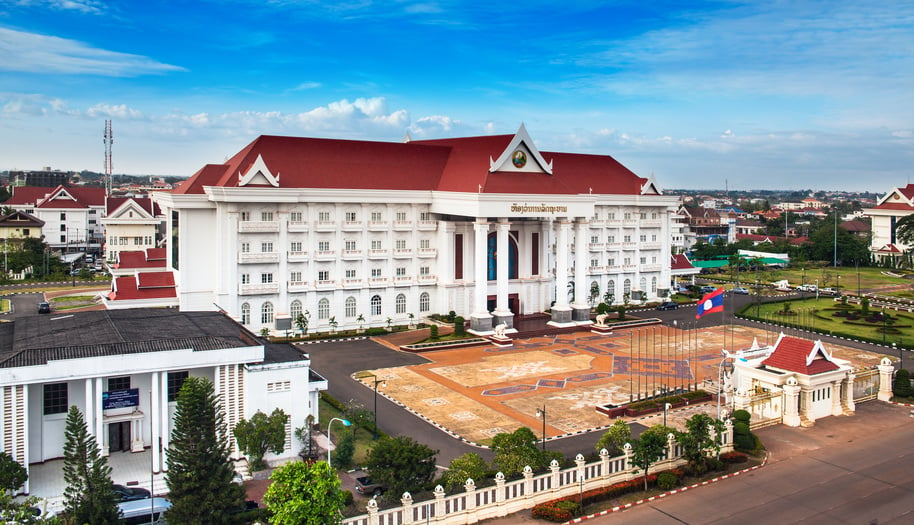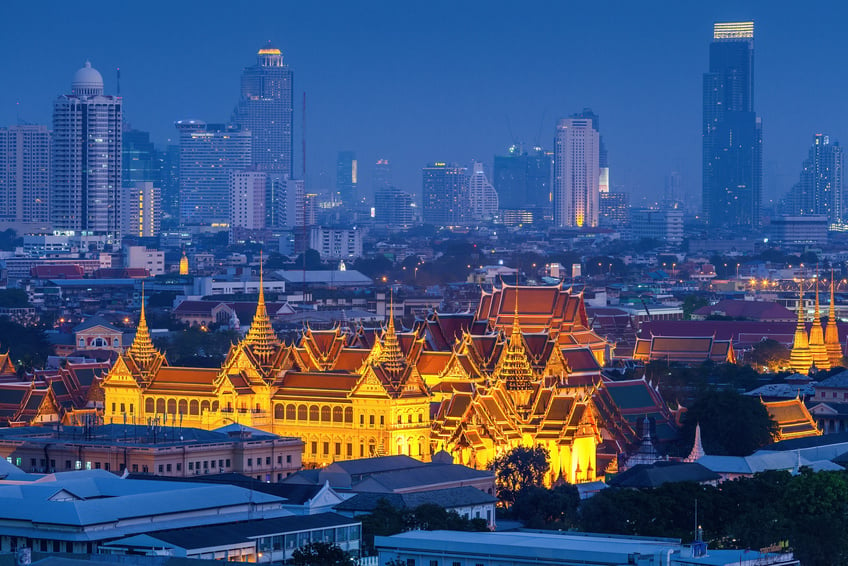The Food and Drug Administration has recently updated a number of regulations related to certain medical devices to ensure that they are carefully monitored and controlled, have prescribed quality standards, and are safe for consumers. The updated regulations relate to alcohol detecting devices, positive airway pressure devices and dentistry devices.
To promote and support research and development of medical devices in Thailand, the Ministry of Public Health and the Food and Drug Administration have recently issued several notifications providing additional guidance for manufacturers or importers of certain medical devices seeking exemptions from licensing requirements (i.e., the manufacturing or import license, and the product registration license) under the Medical Device Act.
The Thai Food and Drug Administration (FDA) has recently issued two notifications, namely the Notification of the Ministry of Public Health Re: Good Manufacturing Practice, B.E. 2566 (2023), and the Notification of the Ministry of Public Health Re: Good Importing and Sales Practice, B.E. 2566 (2023). These notifications aim to regulate the quality systems of medical device manufacturing facilities, as well as importers and sellers of medical devices.
The Food and Drug Administration (FDA) has issued the Notification of the Ministry of Public Health Re: Prescribe Types of Cosmetics, Criteria, Methods and Conditions for Refill Stations, B.E. 2566 (2023) and the Cosmetic Committee Announcement Re: Labeling of Cosmetic at Refill Stations, B.E. 2566 (2023). Both notifications were published in the Government Gazette on 23 August 2023 and will become effective on 21 November 2023. These notifications are intended to be in line with the global Bio-Circular-Green Economy trend, which seeks to reduce plastic waste and promote the recycling of plastic.
“Sustainability Solution EP.1 – Why ESG matters” is presented by our partners Yuthana Sivaraks, Nam-Ake Lekfuangfu and Panyavith (Taro) Preechabhan. In this episode, our team discusses the rise of ESG, its importance, and what this would mean for companies going forward. This video is in Thai with English subtitles.
In the second episode of our Digital Transformation in the Healthcare Industry series, the Healthcare and Life Sciences team at Baker McKenzie brings us up to date with the current laws and regulations relating to telemedicine and telepharmacy in Thailand and associated issues.
Under the current regulation, a Good Manufacturing Practice (GMP) certificate obtained from the Food and Drug Administration (FDA) is a voluntary requirement for local medical device manufacturers. However, manufacturers of licensed medical devices and detailed notification medical devices must provide GMP certificates from the FDA or an ISO 13485 certificate issued by one of the official Certified Bodies as part of the documents for the registration of medical devices. These certificates are not required to manufacture and notify low-risk medical devices unless they are exported and certain certificates are required by the destination countries.
Many of us have heard the term “Metaverse,” which is commonly used to refer to the combination of technologies that allows us to access a virtual reality world or bring virtual reality into the physical world, as first mentioned in Neal Stephenson’s scientific novel “Snow Crash” (1992). The term “Metaverse” has become one of the biggest buzzwords over the past year, and recently we have seen tech giants striking deals to take part in the metaverse.
Following the issuance of the notification from the Ministry of Public Health regarding determination of category V narcotics, B.E. 2565 (2022), the Thai Food and Drug Administration has recently provided guidelines.







